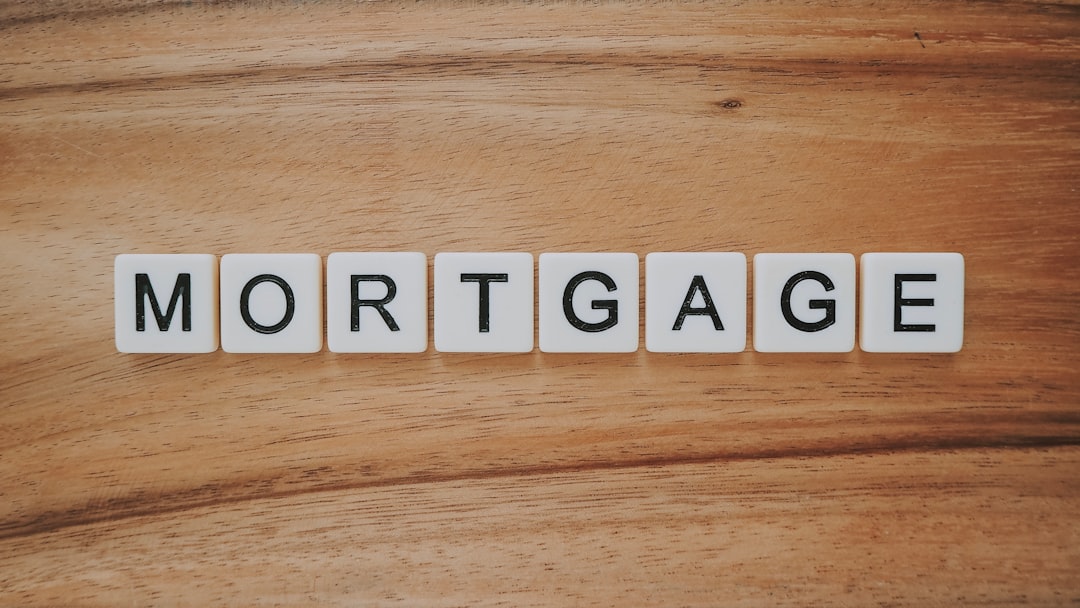 Photo from Unsplash
Photo from Unsplash
Originally Posted On: https://moreirateam.com/learn/refinance-a-mortgage/
How quickly can you refinance a mortgage? For some, there is no waiting period, and you can actually refinance immediately after closing. Refinancing might seem like a tempting option even if you have recently refinanced or just bought your home since mortgage rates are at historic lows.
Start Saving
Fortunately, many loan types don’t have a waiting period to refinance. If you want Streamline refinance or cash-out refinance, you might be required to wait 6 months since the last closing, Otherwise, you can refinance a mortgage as soon as you want.
How Quickly Can You Refinance a Mortgage?
How soon you can refinance a mortgage will depend on the type of mortgage loan that you currently have along with the refinance program you plan to use.
- Cash-out refinance: 6-month waiting period
- Conventional refinance (without cash out): No waiting period
- USDA refinance: Waiting period of 6 to 12 months
- VA or FHA Streamline refinance: Waiting period of 210 days.
Here is a closer look at the rules for each type of refinance loan.
Conventional Loan Refinance Rules
If yours is a traditional mortgage backed by Fannie Mae or Freddie Mac, you can refinance a mortgage immediately after you close on your home purchase or previous refinance.
Lenders typically have a 6-month “seasoning period” before a current borrower you can refinance with the same company. So, you will probably need to wait if you wish to refinance with a lender that you are currently using. To get around the 6-month rule, shop around and refinance with a different lender.
While it might be rare, some lenders charge a prepayment penalty fee that’s likely to adversely affect your refinancing plans. Check to see whether there is a prepayment penalty close in your current loan before you move forward.
It is generally advisable to shop around before you refinance a mortgage, in any case, to make sure that you get the lowest possible rate.
Cash-Out Refinance Rules
If you are hoping to take cash-out, you will typically be required to wait 6 months prior to refinancing regardless of the type of home loan that you have. Furthermore, a cash-out refinance typically requires that you have at least 20 percent equity in the property.
So, before using a cash-out refinance, it is always important to ensure that you have built up enough equity in the home to make it a worthwhile option. If you already made a large down payment, you may already have sufficient equity in your home to qualify.
Government Loan Refinance Rules
If you have a government-backed mortgage such as a VA, USDA, and FHA loan, the rules are a bit different. You have the benefit of being able to use Streamline refinance with a government loan. Streamline refinancing – such as the VA IRRRL program or FHA Streamline Refinance – cuts down on the paperwork and time associated with a refinance so that you can get a lower rate faster.
Unfortunately, you will need to wait 6 or 7 months before you use Streamline refinance to replace your original mortgage. You must also have a recent history or timely mortgage payments.
Refinance sooner rather than later is always more preferable. It is never too early to consider refinancing your home loan. A mortgage is a contract, after all. Immediately you get a better deal, you should terminate the existing contract and take the better deal.
There aren’t any major risks to refinance a mortgage within 1 year or so of purchasing. You will actually find people refinancing 3 times in a year to follow the falling interest rates.
Say you want to apply the money that you save each month back to your loan in the form of accelerated payments towards the principal. If so, you will almost definitely pay off your new loan quicker than your old one. Furthermore, you aren’t adding enough time on the loan to really matter.
Simply put, you are not resetting your loan term significantly if you are just 6 or 8 months into the mortgage. If you are much further into the loan, however, say 5 to 10 years, resetting to a new 30-year mortgage might not necessarily pay off.
If you would like to find out if a refinance is actually worth it based on the remaining term, you should consider using our refinance calculator.